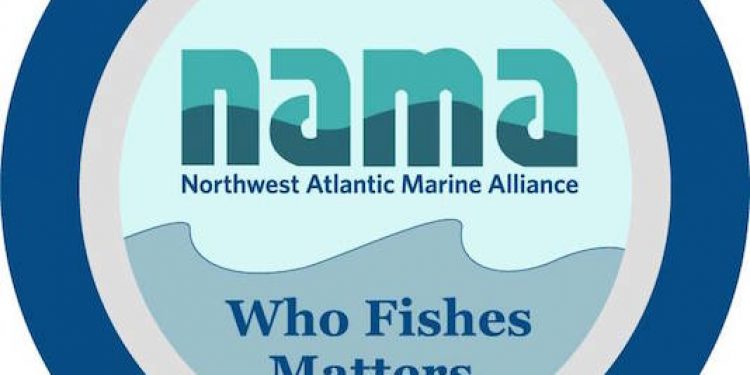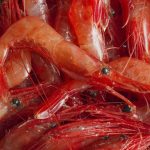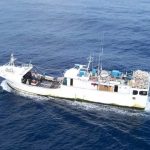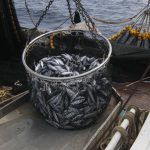In an open letter to the Boston Globe, Shannon Eldredge and Niaz Dorry of the Northwest Atlantic Marine Alliance have stated that the fishing fishing industry is becoming one ‘beset with corruption,’ and have pointed to the case of Carlos Rafael who was arrested recently after a sting by the tax authorities.
The Northwest Atlantic Marine Alliance members claim that policy of consolidating the industry into one dominated by a small number of more easily-regulated operations has resulted in exactly the opposite.
‘Fisheries policy makers have claimed that programs such as catch shares would lead to fewer, more easily regulated fishing operations. Not surprisingly, fewer players, such as New Bedford-based Carlos Rafael, who was arrested in an IRS-led sting operation, now own and control more of the fishing industry, including permits, quotas, and shoreside facilities,’ state Eldredge and Dorry.
They describe a situation with fishing grouped into a set of businesses that resemble the ‘too big to fail’ financial institutions that government had no choice but to bail out with taxpayers’ cash when they were on the verge of failing
‘We have offered proposals to address our concerns, and to ensure sustainability of both marine ecosystems and our fishing communities, only to be shouted down. While we have had microphones turned off and expletives thrown at us during public meetings, the powerful few, such as Rafael, have had unbridled access,’ they claim. ‘Many of the fishermen we work with have been intimidated, bullied on the water, and threatened with economic blackmail if they speak up. Last September we helped organise a walkout by fishermen to send a message that we will not stand idly by.’
They say that regardless of the outcome of the charges against Carlos Rafael, it is clear that the current state of fisheries management and the continued marginalisation of the majority of fishermen is destroying the future of fishing while erasing decades of conservation.
‘We urge the public to stand with community-based fishermen,’ say Shannon Eldredge and Niaz Dorry.









